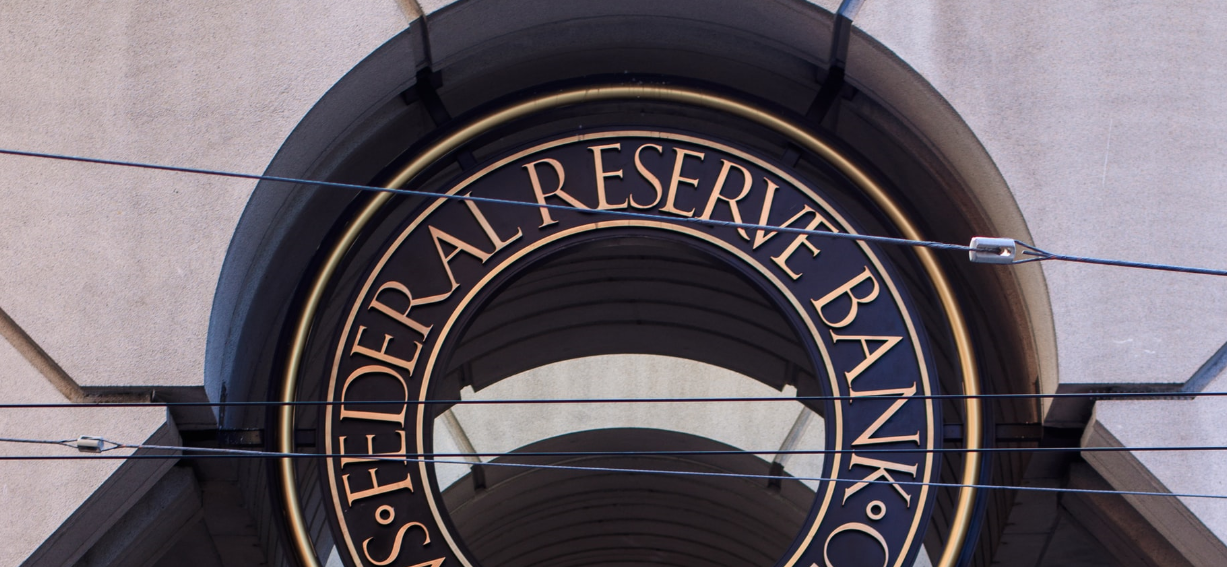Thu Feb 17, 2022
Thursday / February 17
FOMC minutes
US Federal Reserve officials last month agreed it was time to raise interest rates as inflation hits the economy and employment going strong. US monetary policymakers also that any decisions would depend on a meeting-by-meeting analysis of inflation and other data.
The account of the Jan. 25-26 policy meeting showed the US central bank preparing to go against the fastest pace of price increases since the 1980s. Minutes show officials expecting inflation to ease through the year but sating they would be ready to hike rates fast when and if necessary.
"Most participants noted that, if inflation does not move down as they expect, it would be appropriate for the Committee to remove policy accommodation at a faster pace than they currently anticipate... Participants emphasized that the appropriate path of policy would depend on economic and financial developments and their implications for the outlook and the risks around the outlook," the minutes stated.
Discussion of the balance sheet included debate about whether or not outright sales of securities will be needed, according to the minutes. Though no decision has been made, the minutes noted that "many" participants in the meeting said sales may be needed at some point in the future.
Situation in Eastern Europe
The U.S. and NATO said Russia continued to build up troops around Ukraine, although Moscow insisted it was withdrawing.
In Ukraine, where flags were raised and the national anthem was played to show unity against the fears of invasion, the defense ministry and banks were cyber-attacked. The government blamed Russia for the worst cyberattack the country has ever seen.
White House press secretary Jen Psaki said US officials have yet to say who is responsible for the cyberattack, adding that the door remains open for diplomacy with Russia. Psaki said an attack was still possible, raising concerns about a 'false flag' operation and misinformation ahead.
But US Secretary of State Antony Blinken said key Russian units were moving towards the border.
"There's what Russia says. And then there's what Russia does. And we haven't seen any pullback of its forces. We continue to see critical units moving toward the border, not away from the border," Blinken said in an interview on MSNBC.
US stocks
The S&P 500 closed flat after a volatile trading day after investors' latest update from the Fed and Russia's military buildup on Ukraine's borders continues. The benchmark index rose less than 0.1% to 4,475.01.
The Dow Jones Industrial Average closed at 34,934.27 points, down 54.57 points, or 0.2%. The Nasdaq Composite Index fell 0.1% to 14,124.10.
The main averages trimmed some losses after the minutes of the Fed's January meeting were released.
Negotiations with Iran
The nuclear talks in Vienna appear to be in the final stages, but Iranian and Western negotiators claim the ball is in the other's court.
"We are closer than ever to a deal," but "our negotiating partners need to be realistic, avoid confrontation and heed the lessons of the past four years. It is time for serious decisions," Iran's nuclear chief negotiator Ali Bagheri said on Twitter on Wednesday.
US State Department spokesman Ned Price said in a daily briefing that the Vienna talks had entered a "decisive period". He stressed that "in the coming days" the Biden administration will determine whether Iran is willing to take the decisions needed to return to the nuclear deal.
French Foreign Minister Jean-Yves Le Drian also told Parliament on Wednesday that a return to the 2015 nuclear deal could happen in just a few days, but Iran still has to make important political decisions.
But Iranian Foreign Minister Hussein Amir-Abdollahian told EU foreign policy chief Josep Borrell in a phone call on Tuesday that Iran's attempts at the negotiations "make the deal achievable" but that Western powers must act responsibly to reach a final agreement.
